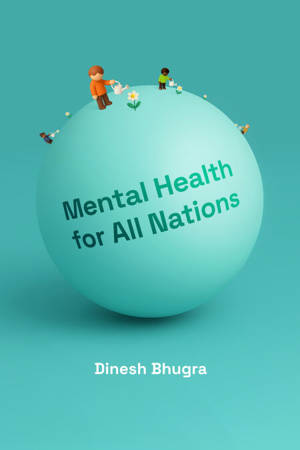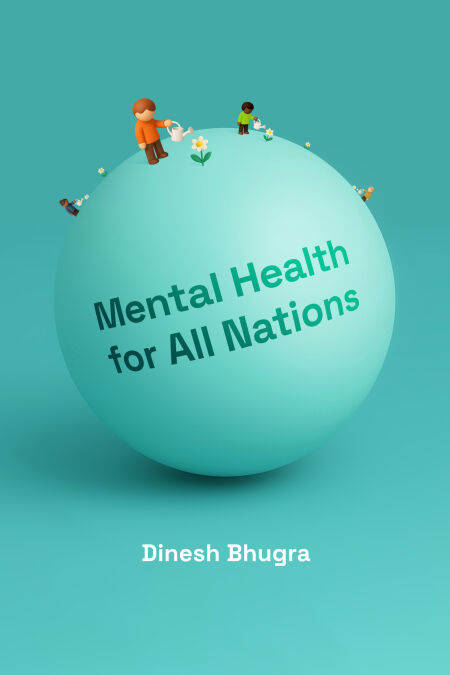
- Afhalen na 1 uur in een winkel met voorraad
- Gratis thuislevering in België vanaf € 30
- Ruim aanbod met 7 miljoen producten
- Afhalen na 1 uur in een winkel met voorraad
- Gratis thuislevering in België vanaf € 30
- Ruim aanbod met 7 miljoen producten
Zoeken
€ 69,00
+ 69 punten
Uitvoering
Omschrijving
Basic principles for setting up mental health services in the context of mutual learning from across the globe.
As people globally are living longer, complex comorbidities between physical and mental disorders are coming to the fore. Mental health, says Dinesh Bhugra, must therefore be the top priority for the citizens of all countries. Policy, funding for research, and service development, including prevention of mental illnesses and mental health promotion, must be integrated with primary and secondary healthcare delivery. The book presents the basic components of a good mental health care system while stressing the need for international mutual learning.
Cultural perceptions and explanations of mental disorders differ around the world, making the concept of a single global mental health campaign unfeasible. Bhugra examines policies and models for meeting mental health needs across the world and illustrates examples of good practice. Bhugra also emphasizes that care providers need to form partnerships and links with nongovernmental agencies, communities, faith leaders, folk healers, informal carers, and families, as such links can be used to develop mutual learning, which will improve acceptance of mental health care.
As people globally are living longer, complex comorbidities between physical and mental disorders are coming to the fore. Mental health, says Dinesh Bhugra, must therefore be the top priority for the citizens of all countries. Policy, funding for research, and service development, including prevention of mental illnesses and mental health promotion, must be integrated with primary and secondary healthcare delivery. The book presents the basic components of a good mental health care system while stressing the need for international mutual learning.
Cultural perceptions and explanations of mental disorders differ around the world, making the concept of a single global mental health campaign unfeasible. Bhugra examines policies and models for meeting mental health needs across the world and illustrates examples of good practice. Bhugra also emphasizes that care providers need to form partnerships and links with nongovernmental agencies, communities, faith leaders, folk healers, informal carers, and families, as such links can be used to develop mutual learning, which will improve acceptance of mental health care.
Specificaties
Betrokkenen
- Auteur(s):
- Uitgeverij:
Inhoud
- Aantal bladzijden:
- 448
- Taal:
- Engels
- Reeks:
Eigenschappen
- Productcode (EAN):
- 9780262362139
- Verschijningsdatum:
- 18/05/2026
- Uitvoering:
- E-book
- Beveiligd met:
- Adobe DRM
- Formaat:
- ePub

Alleen bij Standaard Boekhandel
+ 69 punten op je klantenkaart van Standaard Boekhandel
Beoordelingen
We publiceren alleen reviews die voldoen aan de voorwaarden voor reviews. Bekijk onze voorwaarden voor reviews.







